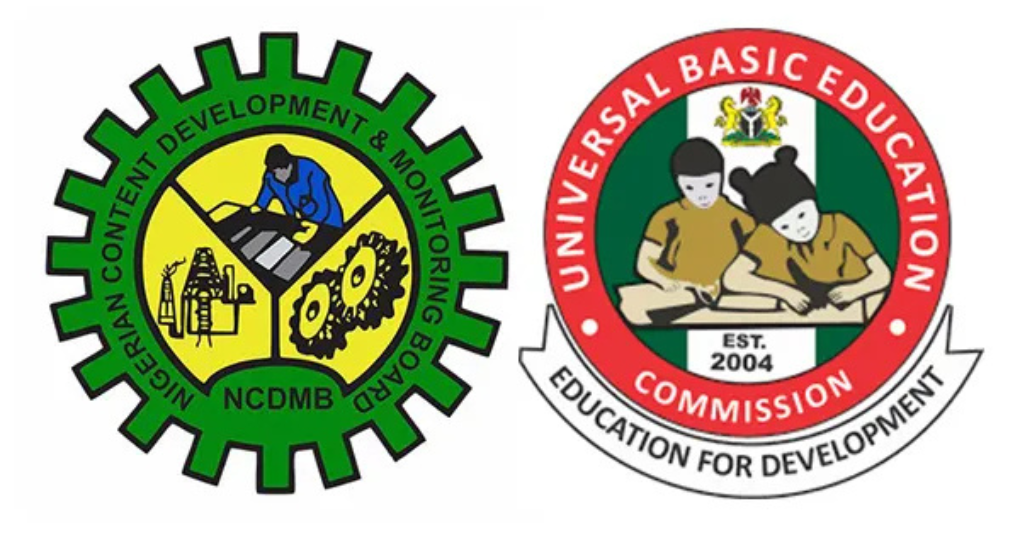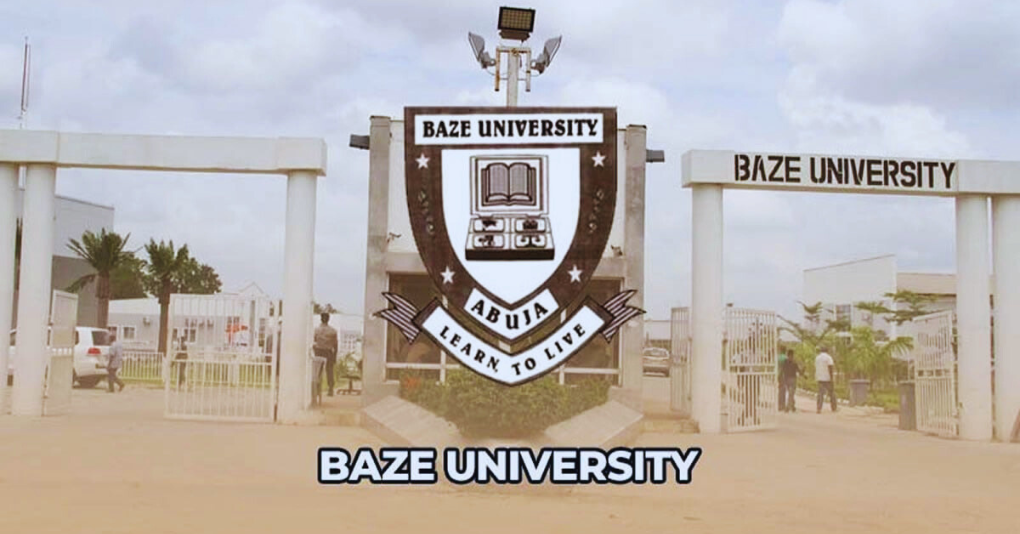The Nigerian Content Development and Monitoring Board (NCDMB) and the Universal Basic Education Commission (UBEC), on Thursday, signed a Memorandum of Understanding (MOU) for the implementation of the NCDMB-UBEC Smart Schools Development Initiative (NUSSDI). The MoU will enable the provision of educational infrastructure, particularly in areas with high rates of out-of-school children, as well as underserved rural communities, integration of technology in learning, building the capacity of teachers and educational administrators and improving overall learning outcomes.
At the signing ceremony in Abuja on Thursday, the Executive Secretary, NCDMB, Engr. Felix Omatsola Ogbe, explained that the NUSSDI would leverage the combined mandates, expertise and resources of the two federal agencies “to bequeath smart schools equipped with modern technology and innovative teaching methods,” and thus “equip the next generation of leaders with the knowledge, skills, and technological capacity necessary to thrive in an increasingly digital world.”
He emphasised that basic education is the foundation of human capital development and that the NCDMB is deliberate in its efforts to develop “a pipeline of talents for Nigeria’s oil and gas industry.”
In his comments, the Executive Secretary of UBEC, Dr Hamid Bobboyi described the significance of the MoU, as a “game changer” for the funding and implementation of basic education, adding that the partnership would have a profound and lasting influence on the lives of children, families, and Nigeria’s future.
He canvassed for increased resources and support in the education sector, adding that the partnership with other agencies and organisations will bridge funding gaps.
Under the MOU, NCDMB will provide training and professional development opportunities for teachers, while UBEC and NCDMB will collaborate on infrastructure development projects.
The MoU also seeks to develop and implement local content programmes in basic education, foster research and development in basic education and promote industry-academia partnerships.
The Smart Schools Development Initiative represents a systematic broadening of NCDMB’s programmes for the promotion of digital education as well as the study of Science, Technology, Engineering and Mathematics (STEM), under which the Board has provided several secondary schools in the country’s six geopolitical zones with fully equipped Information and Communication Technology Centres (ICTs) and trained scores of teachers to enhance their effectiveness in the impartation of knowledge and relevant skills.
Share this post





Be the first to comment on this post